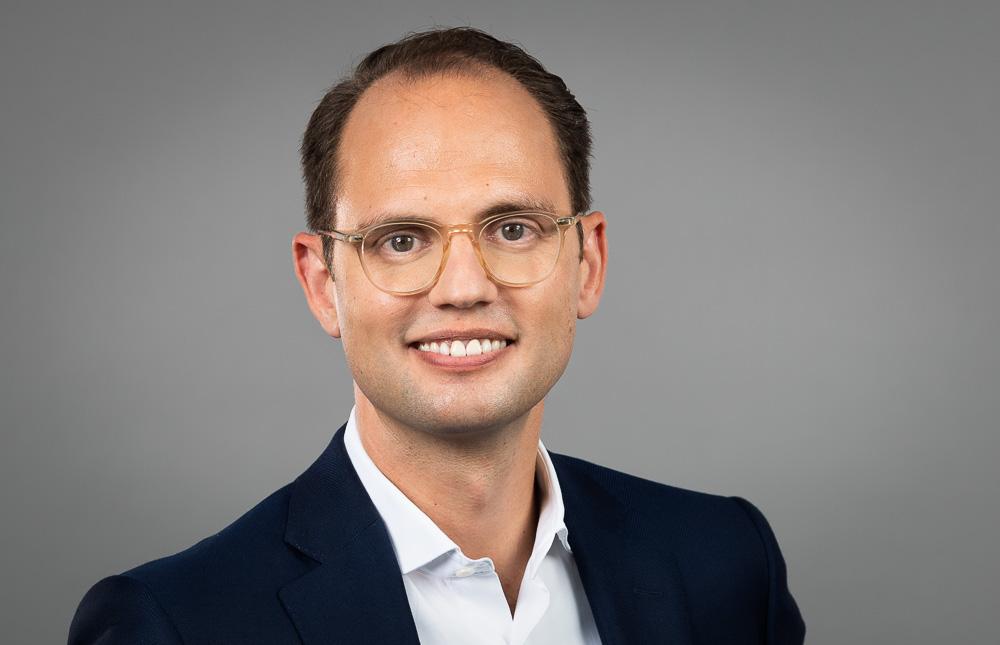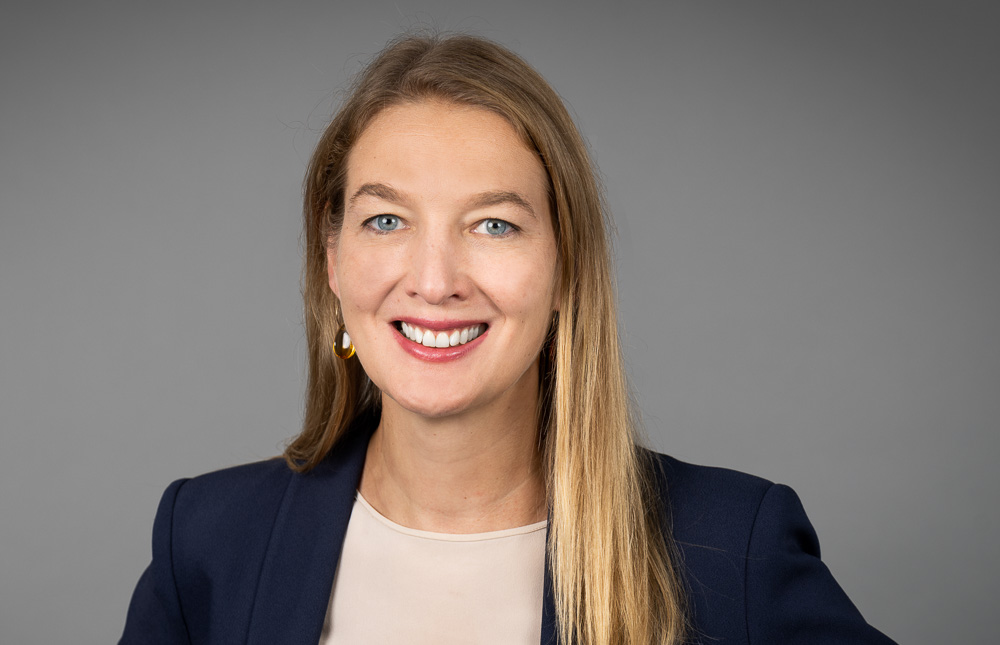- Debt collection
- philosophy
- Range of services
- Industries
- References
- Debt collection
- philosophy
- Range of services
- Mass proceedings
- AREAS OF COMPETENCE
- References
- AREAS OF COMPETENCE
- Contact
- AREAS OF COMPETENCE
- Contact
- AREAS OF COMPETENCE
- Contact
- AREAS OF COMPETENCE
- Contact
- AREAS OF COMPETENCE
- Contact
- AREAS OF COMPETENCE
- Contact
- AREAS OF COMPETENCE
- Contact
- Commercial law
- Contact
- About us
- We stand for
- People
- Commitment
- Range of services
- Contact
- Hinschg
- Benefits
- Pricing Models
- Recall
- Contact
- Info
- Video
- Privacy
- Contact
Would you like
further informations?
Your contact person:
Office Management
Would you like
further informations?
Your contact person:

Britta Röbig
Would you like
further informations?
Your contact person:
Personalmanagement
Would you like
further informations?
Your contact person:

Dr. Andreas Seegers
Would you like
further informations?
Your contact person:

Martin Hintze
Would you like
further informations?
Your contact person:
Hauke Büsing
Would you like
further informations?
Your contact person:
Florian Klausnitz
Would you like
further informations?
Your contact person:
Office Management
Would you like
further informations?
Your contact person:

Kristin Peitz
Debt collection in emergency tariffs - when the insured person can no longer pay
Insurers, like all other companies, face major challenges when customers fail to fulfil their payment obligations. But what does a sensible approach to policyholders (policyholders) in debt collection look like? Especially in view of the fact that insurance contracts for substitute health insurance - also known as comprehensive private health insurance (PHI) - cannot be cancelled. With PKVInk, the law firm KSP, which specialises in debt collection for insurers, has created a product for these cases that provides an optimal, reputation-preserving solution for all parties.
Contribution by: Dr Torsten Stade, specialist lawyer for insurance law and Matthias Zmuda, Manager Business Development
Initial legal situation - a review
The comprehensive healthcare reform passed in 2007 introduced mandatory health insurance cover for all with the GKV-WSG - flanked, among other things, by an obligation to contract for the insurer and the fact that the insurance contract cannot be cancelled. As a result of the obligation to contract, the insurer now has to insure policyholders that it would not have covered under its previous risk assessment principles.
As a result, the number of non-payers and the amount of premium arrears increased. In order to reduce this debt burden for policyholders as well as the loss of receivables - along with the balance sheet provision burden - for insurers, the "Act to Eliminate Excessive Social Demands in the Event of Contribution Debts in Health Insurance" came into force on 1 August 2013: this act introduced the so-called emergency tariff, which generally provides for the transfer of defaulting policyholders to the basic tariff after six months.
Remaining problem: non-cancellable continuing obligation
The legal structure of private health insurance as a non-cancellable continuing obligation means that the amount of receivables from non-performing insurance contracts increases month by month - in the worst case over years or even decades. This must be countered by a sensible debt collection strategy, which should primarily be aimed at eliminating the emergency situation of the insurance contract - for example by means of suitable payment agreements - and transferring the contract back to the original tariff. If nothing else is possible, the option remains to inform the policyholder of the switch to statutory health insurance and make it possible.
PKVInk - high density of specialised legislation requires legal expertise
Compared to other insurance sectors, private health insurance has a much higher and significantly more complex set of legal regulations - for example, on switching to the emergency tariff, on the question of needing assistance, on reduced insurance cover and on switching to statutory health insurance. In order to achieve the quickest and most cost-effective realisation possible in the area of private health insurance, sound insurance law expertise is already essential in the out-of-court recovery process. KSP's PKVInk takes this into account by having lawyers specialising in insurance law and lawyers with many years of experience in insurance law handle the objection right from the out-of-court stage. This avoids an increase in the claim as well as unnecessary (litigation) costs.
In contrast to commercial debt collection providers, who regularly only call on lawyers in court proceedings, KSP therefore relies on specialist legal expertise in the out-of-court area that is in line with the density of legal regulations and thus does justice to each individual case. If an out-of-court solution is not possible, it is important to manage the court proceedings as well as the subsequent (enforcement and long-term monitoring) proceedings in the best possible way.
Intelligent control and efficient collection of non-performing private health insurance claims through process management
In addition to prioritised legal processing, the core of PKVInk is the bundling of revolving receivables into "receivables packages". Special guidelines for the PKV dunning process were established as a prerequisite for this, on the basis of which the revolving receivables are intelligently managed and taken into account in their entirety in the dunning process:
In detail, the recovery process at PKVInk is organised as follows:
- New claims against the policyholder that arise each month are included in the same file until the legal dunning procedure is initiated
- When the legal dunning procedure is initiated, it is required by law to create a new file for the newly accruing premium claims.
- In the new file ("follow-up file"), legal action is initially not taken in order to avoid expenses. Instead, the recovery measures are controlled intelligently and made dependent on the recovery success of the "initial file" and the findings obtained there.
- Subsequent files are included in an (instalment) payment agreement for the "first file" as far as possible in order to avoid titling of the subsequent files, which is associated with further costs.
- Updates such as payment notifications, credit notes, cancellation notifications and recalls can be processed on a daily basis.
PKVInk is based on over 30 years of experience
PKVInk takes a holistic approach to maximising recovery and cost efficiency in the recovery of non-performing private health insurance claims. However, the complex PKVInk organisation is only possible because the same (legal) specialists are responsible for everything from extrajudicial and judicial dunning procedures to any long-term monitoring. The customers always have the same contact persons as the clients. They also have 24/7 access to the transferred file portfolio, which maximises transparency and reliability.
For further information, please contact Matthias Zmuda
Matthias Zmuda
Manager Business Development
matthias.zmuda@ksp.de
+49 40 450 65 141

